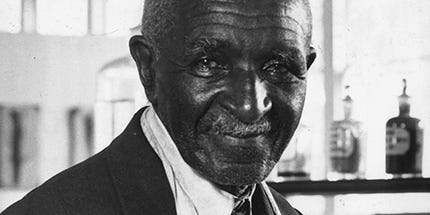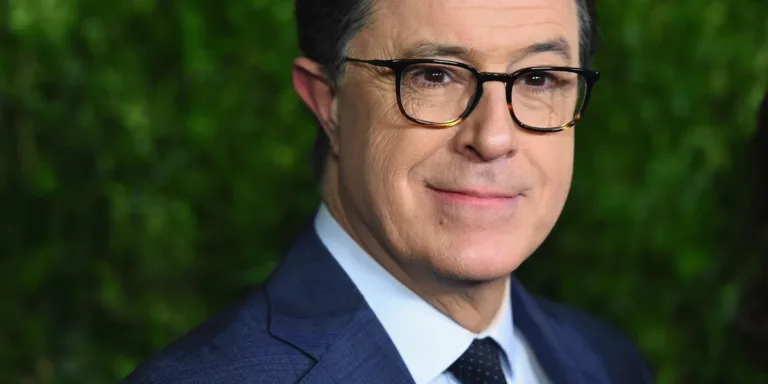Have you ever wondered about the history of peanut butter? It’s a beloved spread enjoyed by people around the world, but its origins are more complex Than Many Realize. While George Washington Carver is often associated with peanut butter, the truth is that he wasn’t the inventor of peanut butter. The credit for its invention goes to either physician John Harvey Kellogg, who filed a patent in 1895, or snack food entrepreneur George A. Bayle.
However, Carver played a crucial role in popularizing the peanut and showcasing its versatility. He dedicated his life to researching and developing hundreds of products using peanuts, from medicines and lotions to soaps and dyes. His innovative spirit transformed the humble peanut into a valuable crop, boosting the agricultural industry and inspiring Countless Others. Carver’s legacy extends far beyond any Single Invention; he became known as the “Peanut Man” for his tireless advocacy for the Peanut Industry.
After World War I, Carver appeared before Congress to champion the peanut farmers and secure a protective tariff for their crops. His passionate plea helped ensure the continued success of the peanut industry, cementing his place as a true Agricultural Hero.
The True Inventor of Peanut Butter
While George Washington Carver is often Mistakenly Linked To Peanut Butter’s creation, the true inventor remains a subject of debate. Two individuals stand out as strong contenders: Dr. John Harvey Kellogg and George A. Bayle. Dr. Kellogg, known for his cereal innovations, filed a patent for a “nut paste” in 1895. This early version likely resembled modern peanut butter but was primarily intended as a health food.
George A. Bayle, on the other hand, was a savvy entrepreneur who saw the commercial potential of peanut butter. He developed and marketed his own brand in the early 20th century, contributing significantly to its widespread popularity. Both Kellogg and Bayle played pivotal roles in shaping peanut butter into the beloved treat we know today, though the exact details of their Contributions Remain Somewhat Unclear.
Regardless of who holds the official title of Peanut Butter Inventor, it’s clear that both men paved the way for a culinary icon. Their innovations transformed a humble legume into a versatile and delicious spread enjoyed by millions worldwide.
George Washington Carver’s Legacy
Though not the inventor of peanut butter, George Washington Carver’s impact on the peanut industry is undeniable. His tireless research and dedication to finding new uses for peanuts transformed this humble legume into a valuable Agricultural Commodity. Carver developed hundreds of products using peanuts, ranging from cosmetics and dyes to medicines and even building materials. This incredible versatility helped boost the agricultural economy and provided farmers with a wider range of options beyond Traditional Crops.
Carver’s influence extended far beyond the laboratory. He became known as the “Peanut Man” for his passionate advocacy for peanut farmers. After World War I, he appeared before Congress to champion their cause and secure a protective tariff for their crops. This bold move helped ensure the continued success of the peanut industry, solidifying Carver’s place as a true agricultural hero.
Carver’s legacy continues to inspire us today. His innovative spirit, Dedication To Scientific Research, and unwavering commitment to improving the lives of farmers serve as a powerful reminder that even seemingly humble ingredients can hold immense potential when approached with creativity and passion.
 Nancy Mckeon Husband: Marc Andrus & Family Life
Nancy Mckeon Husband: Marc Andrus & Family LifePeanut Products And Innovations
George Washington Carver’s genius lay not just in recognizing the potential of peanuts but also in his tireless exploration of their Diverse Applications. He dedicated his life to researching and developing hundreds of products using this versatile legume, proving that peanuts could be much more than just a tasty snack.
Carver’s innovations ranged from practical to surprising. He created medicines, lotions, soaps, and even dyes using peanut byproducts. He developed various types of flour and meal, showcasing the nutritional value of peanuts and their potential as a sustainable Food Source. He even experimented with using peanuts to create building materials like bricks and insulation, demonstrating his commitment to finding innovative solutions for everyday problems.
Carver’s ingenuity transformed the humble peanut into a valuable resource, inspiring countless others to explore its possibilities. His work paved the way for modern-day peanut butter and expanded our understanding of this versatile legume’s potential in various industries.
The Peanut Man: Advocacy and Impact
George Washington Carver’s impact extended far beyond the laboratory. He became a passionate advocate for peanut farmers and their industry, earning him the nickname “The Peanut Man.” Recognizing the challenges faced by farmers During His Time, Carver dedicated himself to promoting the peanut as a valuable crop and Ensuring Its Continued Success.
After World War I, Carver appeared before Congress to champion the cause of peanut farmers. He eloquently argued for a protective tariff on peanuts, aiming to shield them from international competition and stabilize their market. His passionate plea resonated with lawmakers, leading to the implementation of policies that supported the growth and prosperity of the peanut industry.
Carver’s unwavering dedication to promoting the peanut transformed it from a secondary crop into a vital part of the American agricultural landscape. His tireless advocacy secured the economic stability of countless farmers and solidified his legacy as a true champion for rural communities.
A Lasting Influence on the Peanut Industry
George Washington Carver’s influence on the peanut industry continues to be felt today. While he didn’T Invent Peanut Butter, his dedication to research and innovation transformed peanuts into a valuable commodity, paving the way for its widespread use in various industries. His legacy is evident in the thriving peanut farming communities across The United States, a testament to his enduring impact on agriculture.
Carver’s emphasis on sustainable practices and finding diverse uses for peanuts continues To Inspire modern-day farmers and food scientists. His work serves as a reminder that even seemingly simple ingredients can hold immense potential when approached with creativity and a commitment to innovation.
The story of George Washington Carver is a testament to the power of dedication, ingenuity, and a passion for improving the World Around Us. His unwavering belief in the potential of peanuts continues to shape the agricultural landscape and inspire generations of Innovators To Explore New Possibilities.










